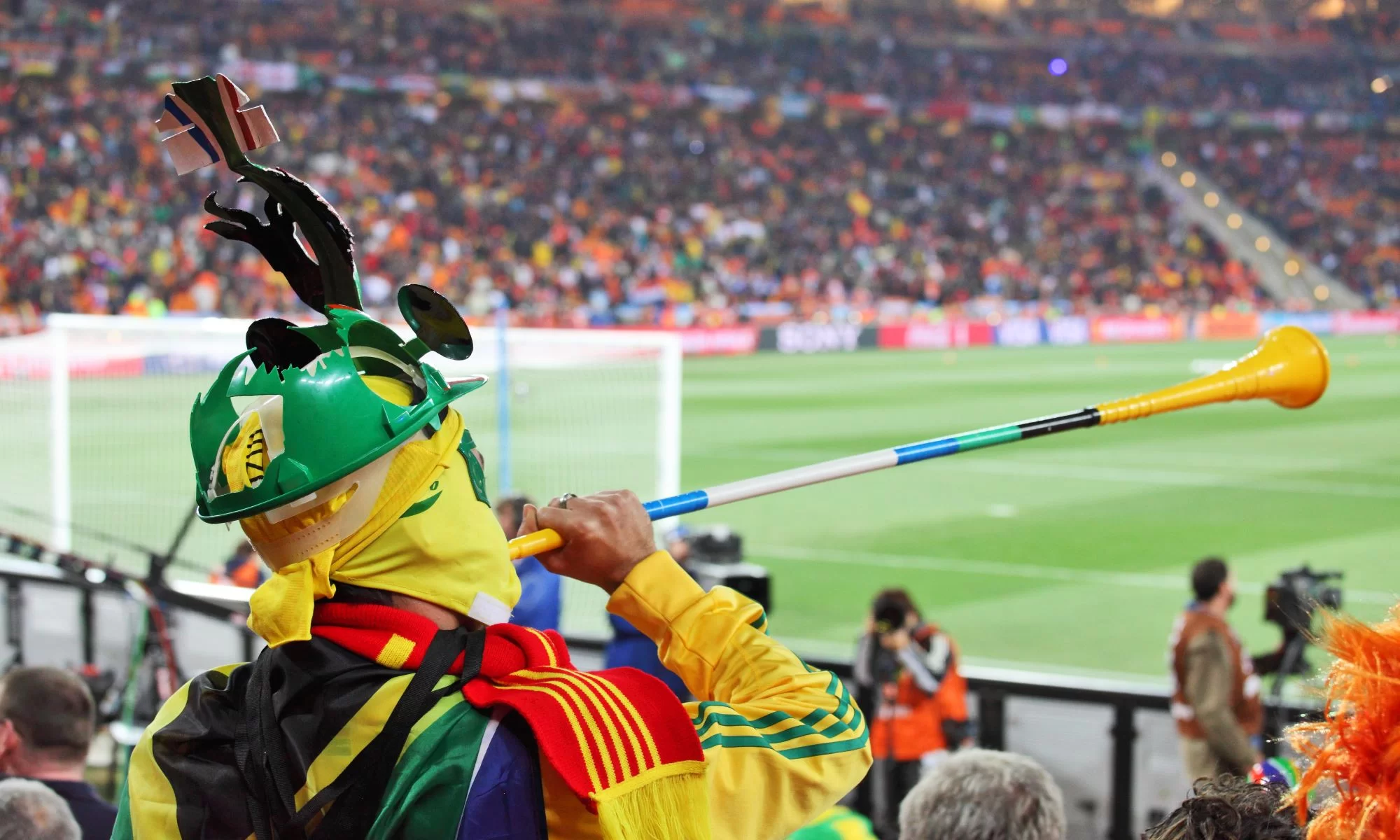In today’s interconnected world, sports diplomacy is increasingly embraced as a tool for nations to project influence, foster cross-cultural ties, and enhance soft power. Governments, international bodies, and NGOs strategically use sporting events, athlete exchanges, and grassroots programs to build goodwill and shape foreign perceptions. From Qatar’s investment in global sport infrastructure to the U.N.’s “Sport for Development and Peace” campaigns, the intersection of sport and diplomacy continues to expand.
Beyond large events, sports serve as a social glue at the community level. They foster inclusion, challenge stereotypes, and offer youth pathways to opportunity. Programs like “Sports for Peace” or “Sports for Sharing” use games to teach empathy, citizenship, and social cohesion. During times of political tension, athlete ambassadors and multinational tournaments can open channels for dialogue and healing.
From an E-E-A-T standpoint, analyzing sports diplomacy demands grounding in credible research and historical precedent. The experience of nations that have used sport to reshape image (like China, Brazil, or Qatar) provides real case studies. The expertise comes from scholars in diplomacy, sports policy, and international relations. Authoritativeness is reinforced when organizations like the IOC or UNITAR lead frameworks or workshops in sports diplomacy. Trustworthiness arises when claims about influence or change are backed by measurable outcomes—whether in public opinion, cultural exchange, or sustainable initiatives. Nations or institutions aiming to use sports for social and political ends must do so with transparency, accountability, and alignment with broader values to make their soft power efforts meaningful and lasting.

